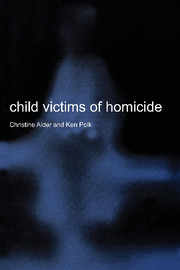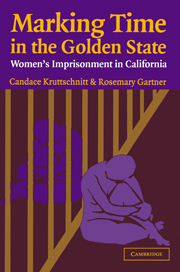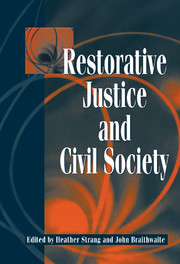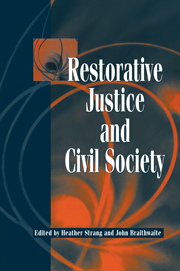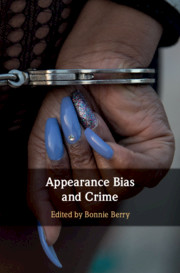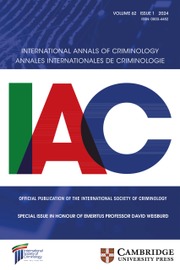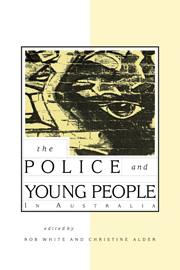Child Victims of Homicide
Children account for 10-20% of all homicide victims in Australia, UK, Canada and US. The most vulnerable time has been found to be the first year of life and, in particular, the first day of life. Unlike other forms of homicide where men are by far the most likely perpetrators, studies show that women are just as likely as men to commit child homicide. Using these findings, the authors of this book arrange their investigations along the dual lines of gender and position inside or outside the family. They ask who are the most likely killers of infants - mothers or fathers? Who are the most likely killers of adolescents - family or outsiders? They also consider patterns in suicide/homicides. This compelling study draws on Australian case studies and includes comparative statistics from the UK and North America. It will be useful to a wide interdisciplinary readership of scholars and students.
- Presents new data and compelling case studies
- Draws on comparative statistics in the US and UK
- Accessibly written for student use
Reviews & endorsements
'Child Victims of Homicide is cutting-edge research about male and female violence on children in the State of Victoria, Australia.' Journal of Family Studies
'… thoughtful and well-researched analysis of the subject area … policy makers and future policy makers in the area of child and community welfare could particularly benefit from thoughtful consideration of these research findings.' Alternative Law Journal
'… the book sets the scene for future research. It is an easy, free flowing text suitable for academics, students of criminology, psychology and social work and forensic practitioners alike.' The British Journal of Forensic Practice
Product details
August 2001Hardback
9780521802215
198 pages
229 × 152 × 16 mm
0.46kg
Available
Table of Contents
- 1. Introduction
- 2. What is 'child homicide'?
- 3. Mothers who kill their newborn infants
- 4. Mothers who kill their young children
- 5. Men who kill children in the family
- 6. Men who kill children outside the family
- 7. Conclusion.

